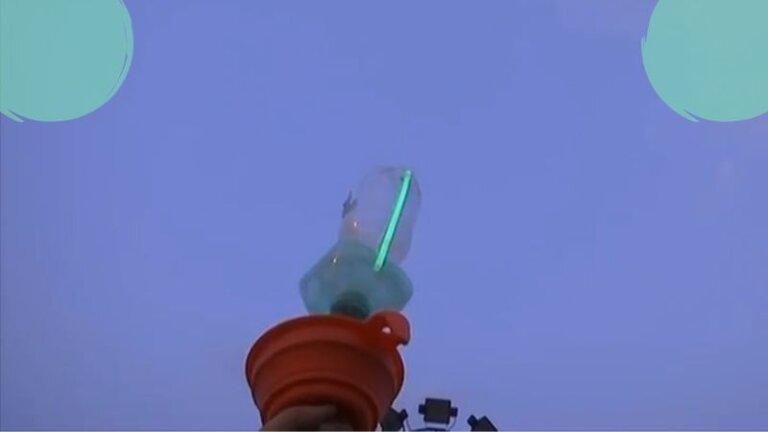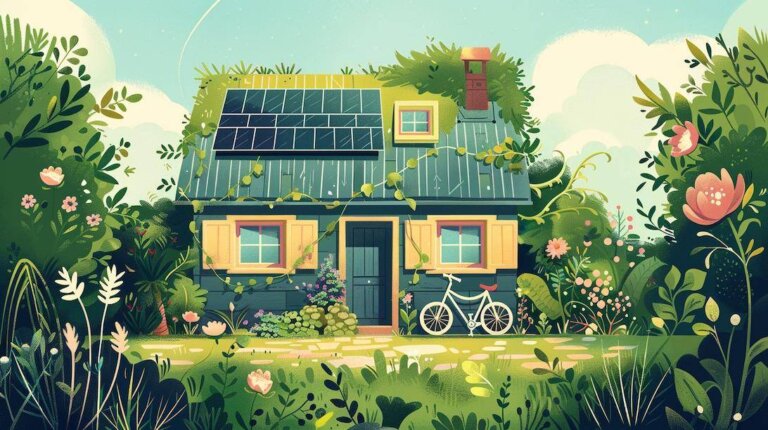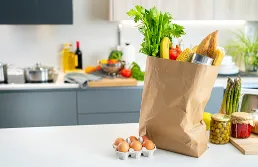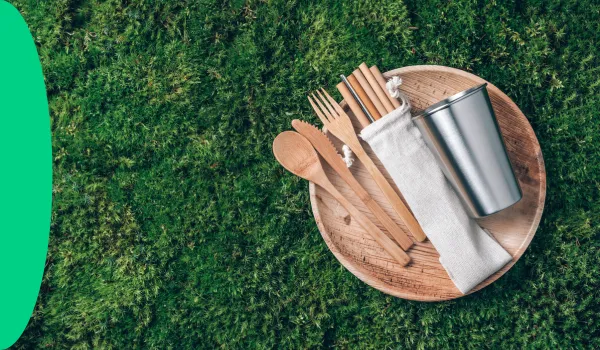What Are The Pros And Cons Of Composting?
Learn about the benefits and drawbacks of composting so you can decide if it’s the right choice for you.
Composting is an excellent way to reduce the amount of waste your household produces, as well as provide gardeners with nutrient-rich soil for indoor and outdoor plants. While composting offers a variety of pros, there are several cons to consider.
Possible Advantages And Disadvantages Of Composting
One significant pro of composting is that it helps divert organic waste from landfills and incinerators, reducing the total volume of solid waste produced and helping improve air quality by cutting back on methane gas emissions. Additionally, compost creates a nutrient-rich environment for soils and can enrich the production of crops.
Unfortunately, improper maintenance and management of compost can result in odors, pests, and even diseases. Furthermore, you must be mindful that only certain materials should be placed in a compost pile; placing non-organic materials could lead to slow decomposition or even toxic leaching into the soil.
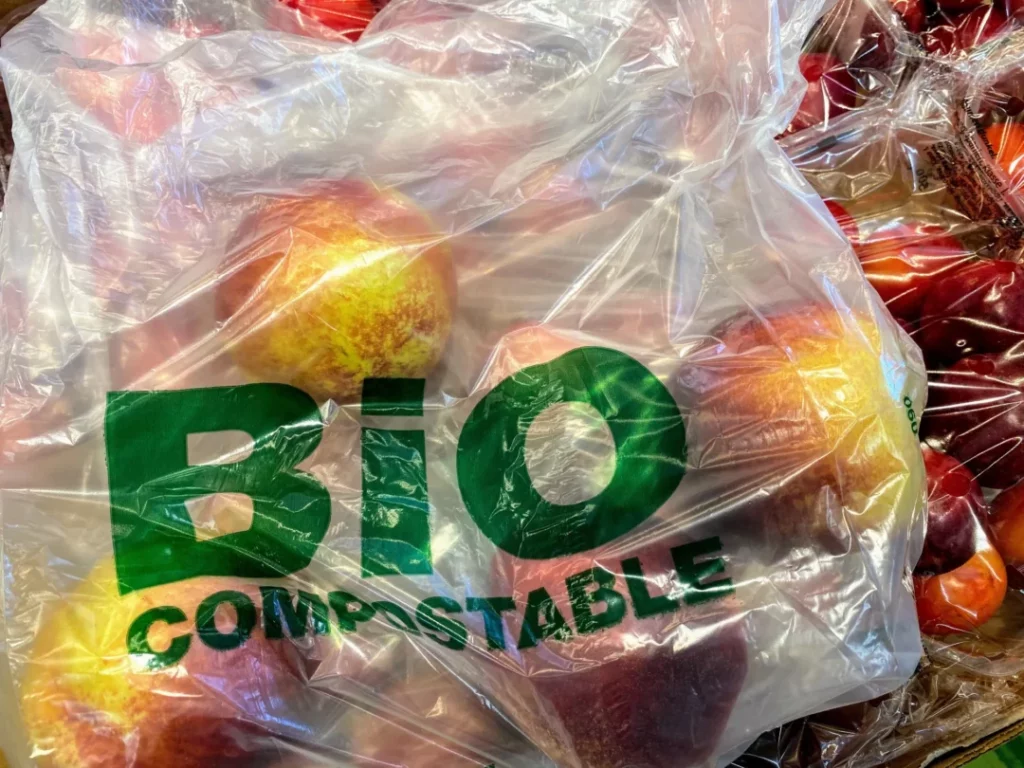
Despite its pros and cons, composting can be an effective way to reduce your environmental footprint while assisting with your gardening needs at the same time!
Get Your Hand on Your Eco-Friendly Living Starter Guide!
What Is A Compost Pile
Compost piles are wonderful, organic environment-saving resources that should find a home in everyone’s backyard. A compost pile is a homemade landfill alternative for the items that would typically be thrown out or sent to a larger landfill.
Composting allows for these materials to break down and become fertilizer for bigger projects like gardening and landscaping. An effective compost pile needs four key elements to create beautiful compost – carbon, nitrogen, oxygen, and water.
Carbons can include dry leaves, shredded paper towels, and egg cartons while nitrogen sources include lawn clippings and food waste. By adding these two key ingredients together along with air and water, your compost pile will turn into amazing dark crumbly soil perfect for planting in. Who knew that something as simple as throwing the right materials into a pile could make such a huge difference?
Which Food Scraps Can Be Used For Organic Waste
As awareness of the planet’s finite resources continues to gain momentum, individuals and businesses alike are looking for ways to reduce their impact on the environment. One great way to do this is composting organic waste, which can help nourish the soil.
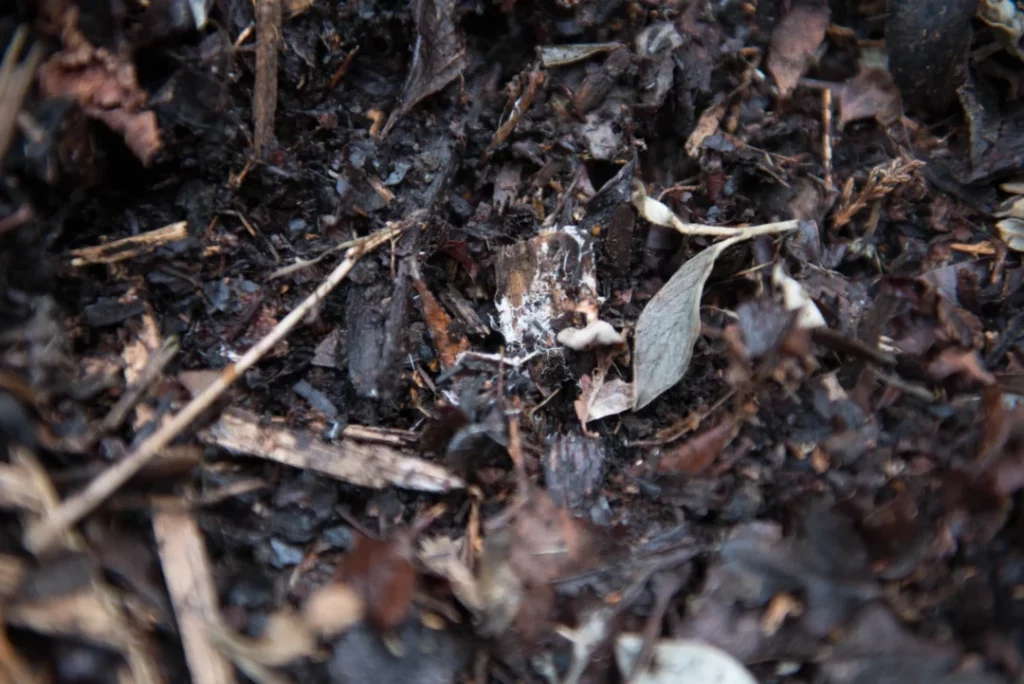
Composting food scraps such as vegetable and fruit peels and cuttings, used kitchen towels, coffee grounds, eggshells, bread, grass clippings, nut shells, and plant prunings can all bring extra nutrients into your garden. However, not all food scraps can be used in composting – it’s best to keep away from meats, dairy products, and oils as these will create a foul smell and could attract unwanted pests.
With an increased focus on sustainability and reducing negative environmental impacts, we can learn to view our food scraps in a new light – as important commodities that can help nourish our soil rather than ending up in landfills where they’ll pollute our air.
How Long Does Composting Take?
Composting is an essential part of sustainably managing your kitchen and garden waste. An often-asked question when it comes to composting process is how long it takes.
The answer isn’t so straightforward, since the time it takes completely depends on the volume of material in your compost bin, and the environmental conditions surrounding your compost such as moisture, temperature, aeration, and size of composting bin or pile.
Generally speaking though, a properly managed compost can be finished in anywhere from two weeks to six months if temperatures are high enough during the summer months; otherwise, it may take up to a year for your compost to be ready for use in garden beds or potted plants.
It’s important to remember that with proper aeration and regular turning, you can streamline the entire process of feeding organic materials into usable and nutrient-rich soil conditioner within several weeks if not sooner.
The Impact Of Home Gardening On The Environment
Home gardening can have a hugely positive impact on the environment; from reducing household waste to conserving natural resources. Home gardeners may grow food organically, in turn reducing the amount of potentially damaging chemical fertilizers and pesticides used.
Greenhouse gases are also reduced when home gardening is embraced, as fewer emissions are created during food transportation when people are growing their own produce. Additionally, when rainwater is collected and stored for use in the garden, it helps to prevent water contamination due to runoff of fertilizers and topsoil erosion; because mature plants can absorb more water than a lawn, they require less frequent watering as well.
Furthermore, planted trees in gardens play an important role in helping lower air temperatures by evaporating more water than grass, so not only does home gardening create a scenic landscape with beautiful blooms – it also pays immense dividends to the surrounding environment.
Does Organic Fertilizer Improve Soil Quality As Much As Synthetic Fertilizers?
Organic fertilizer has been long touted as a proven way to improve soil quality, but many farmers have begun incorporating synthetic fertilizers into their cultivation practices in recent years. The debate over which fertilizer will yield the best results has been thrust into the public consciousness and is an ongoing discussion among modern-day agriculturalists.
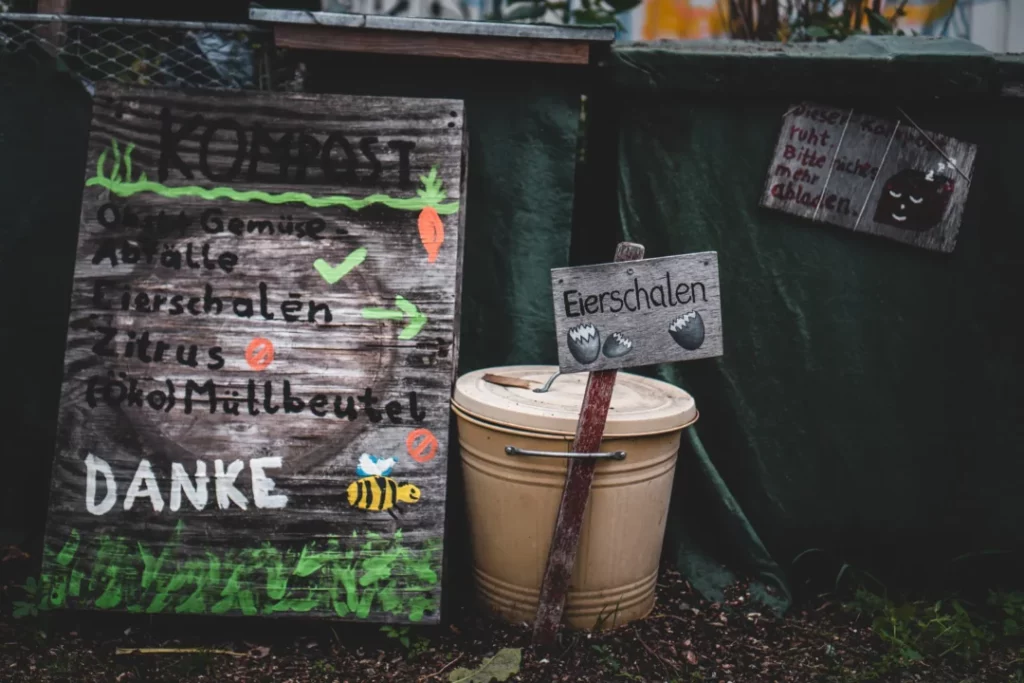
Proponents of organic fertilizer believe it to be the superior option due to its natural composition, suggesting that its benefits outweigh those of synthetic fertilizer when it comes to improving soil quality. On the other hand, opponents argue that synthetic fertilizers provide much-needed nutrients instantly, with faster and more visible results than those accompanied by organic solutions.
Despite these two diametrically opposed viewpoints, one thing remains beyond dispute – proper fertilizer use is indispensable for obtaining desired yields from crops, so more research must be conducted in order to decide whether or not organic options can deliver as much benefit as their synthetic counterparts.
Which Soil Structure Benefits The Most From Composting?
Composting is one of the best soil amendments for providing a bounty of beneficial microorganisms to the soil. It is especially beneficial for soils with a clay or silt structure as these types of soils often lack good, aerated structure and organic matter. When compost is added to these types of soils it increases their ability to hold onto essential nutrients and water as well as create pathways for air and water so roots can thrive.
Composting helps these clays and silts become more crumbly and porous when dried out, so that water does not form large pools at the surface but instead sinks down deep into the soil; thereby, preventing run-off from occurring. For these reasons, loamy soils, which already have great structure, do not benefit nearly as much from composting except to provide more beneficial fungi, bacteria, and other soil organisms.

